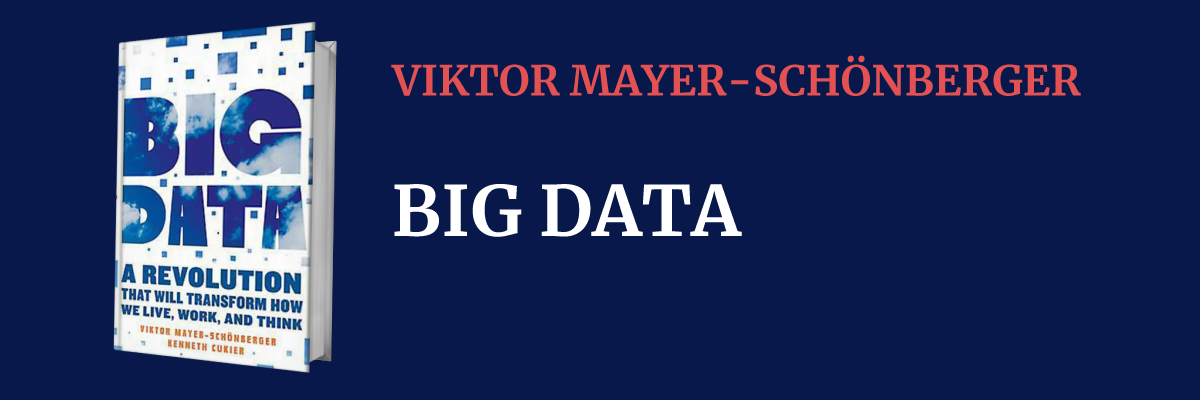
Big Data — Viktor Mayer-Schönberger
Two leading experts in this field explain in an accessible way what big data is, how it will change our lives, and what we can do to protect ourselves from emerging dangers on their part. This book is about a new science capable of predicting the future based on the rapid processing of massive amounts of information and its instant analysis. It can transform many things — from the cost of air tickets to the text of millions of books — into a searchable form. Use growing computing power to make unprecedented discoveries and predictions.
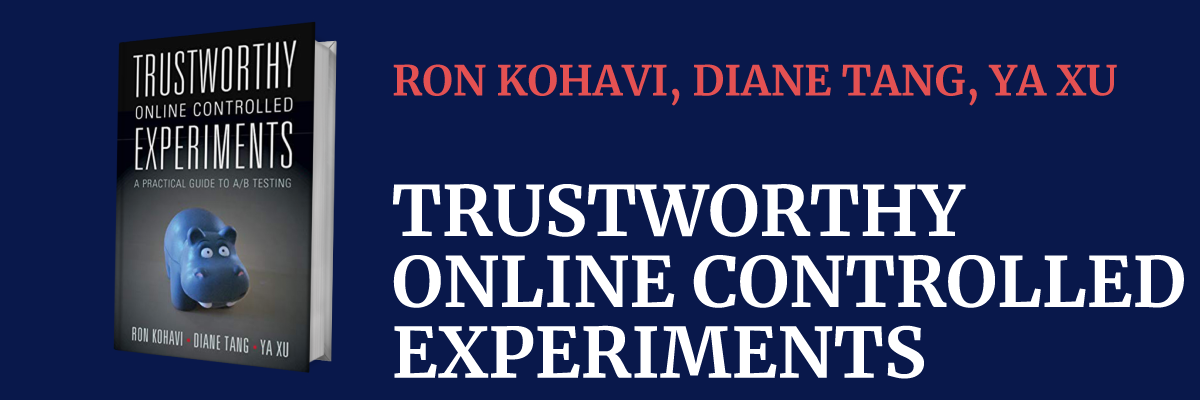
Trustworthy Online Controlled Experiments — Ron Kohavi, Diane Tang, Ya Xu
It is hard to understand the value of an idea until it has been tested. This book explores how controlled online experiments (also called A / B tests) can help you evaluate the effectiveness of particular website optimization ideas and get the most out of them. You will learn how to choose the right testing tools, collect data, and ensure that results are measurable. Using specific examples, it is shown how the web resources of well-known companies are improved using A / B tests.
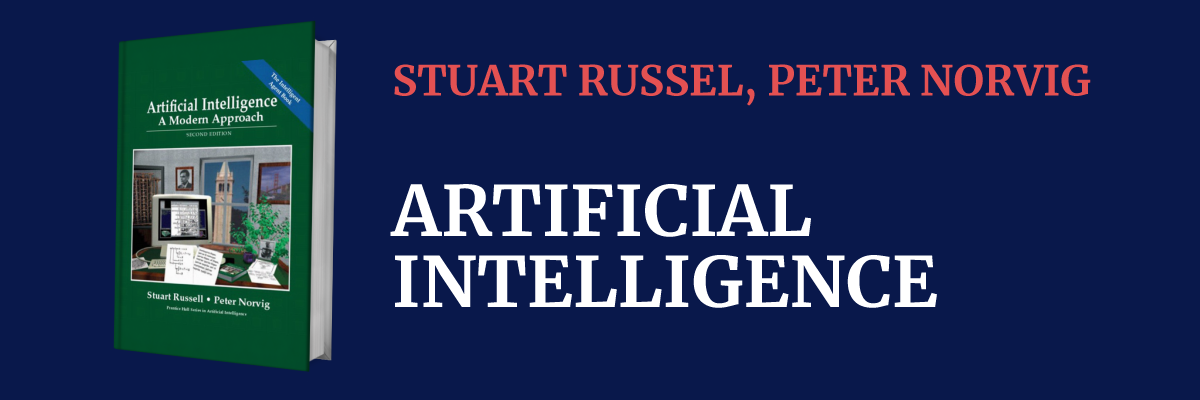
Artificial Intelligence — Stuart Russel, Peter Norvig
The most complete and up-to-date introduction to the theory and practice of artificial intelligence! It presents all modern achievements and outlines ideas that have been formulated in research conducted over the past fifty years, as well as collected over two millennia in the fields of knowledge that have become an incentive for the development of AI as a science.

Innumeracy — John Allen Paulos
The inability to handle large numbers and probabilities leads people to unreasonable decisions at all levels. Due to mathematical ignorance, they allow themselves to be manipulated by the media, trust all kinds of pseudosciences, and are afraid of events that do not deserve special attention. Why even smart and educated people often do not understand mathematics at all. What is the price of such ignorance? These are questions that deeply concern the author of this book.
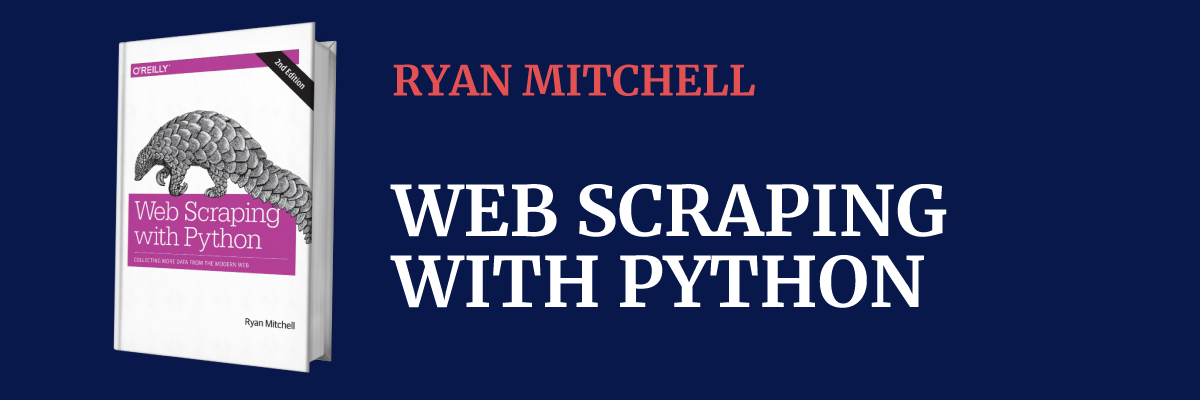
Web Scraping with Python — Ryan Mitchell
If programming is like magic, then web scraping is very powerful witchcraft. By writing a simple automated program, you can send requests to web servers, request data from them, and then analyze them and extract the information you need.
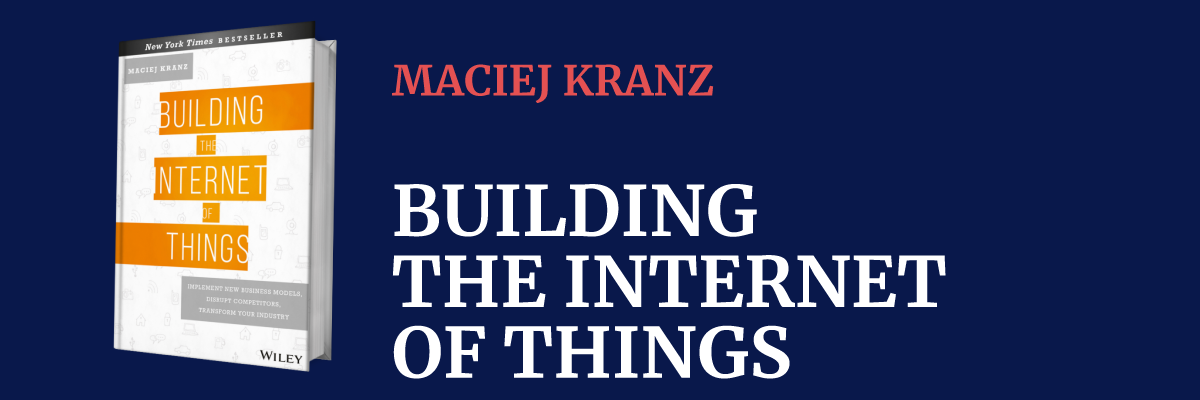
Building the Internet of Things — Maciej Kranz
IoT is a tool that will help a business to get ahead. Maciej Krantz talks about innovative technology and the peculiarities of its implementation in various industries. This book teaches you how to leverage the IoT, predict future changes, and devise unique strategies to help your business and career thrive.
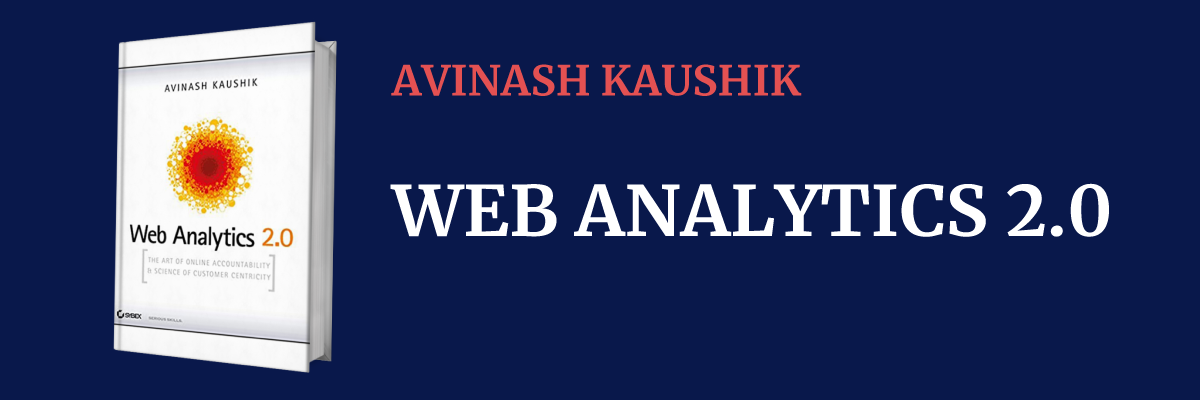
Web Analytics 2.0 — Avinash Kaushik
Despite the explosive development of the web environment, online marketing, and advertising over the past few years, the approach to using data has remained largely the same as a decade ago. In this book, the leader in web analytics, Avinash Koshik, introduces the next-generation web analytics platform that dramatically empowers organizations to grow and grow faster.
Avinash assembles specific strategies and execution models to move from simple click-flow analysis tools to an efficient blend of quality data, experimentation, testing, and competitive intelligence tools.
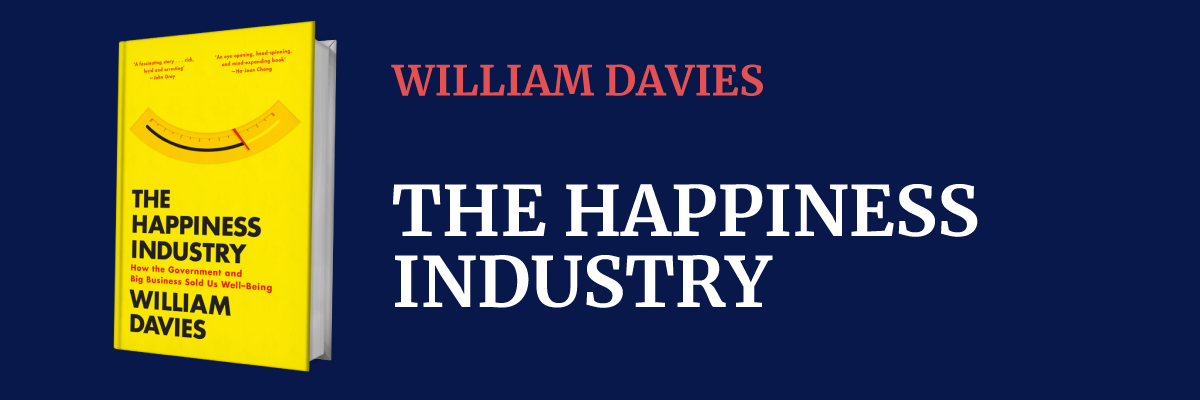
The Happiness Industry — William Davies
“Industry of Happiness” is a brilliant look at the realities of our time. Companies analyze the subtext of our tweets, scanning emotions from our faces in public places. This is all very exciting and allows you to think: why our happiness is such useful information for large organizations?
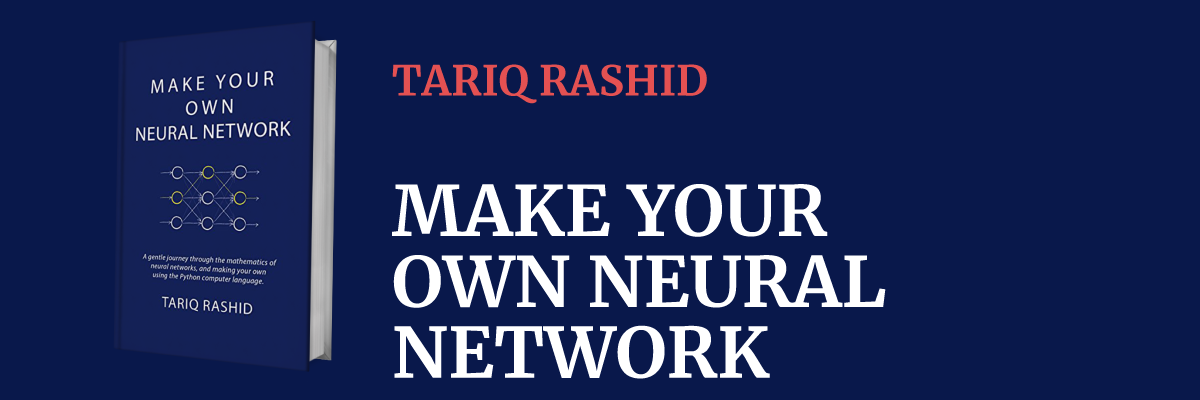
Make Your Own Neural Network — Tariq Rashid
The author explains in simple and understandable language the theoretical aspects, knowledge of which is necessary to understand the principles of functioning of neural networks and write the corresponding program instructions. The presentation of the material is accompanied by a detailed description of the procedure for the step-by-step creation of a fully functional code that implements a neural network in Python.
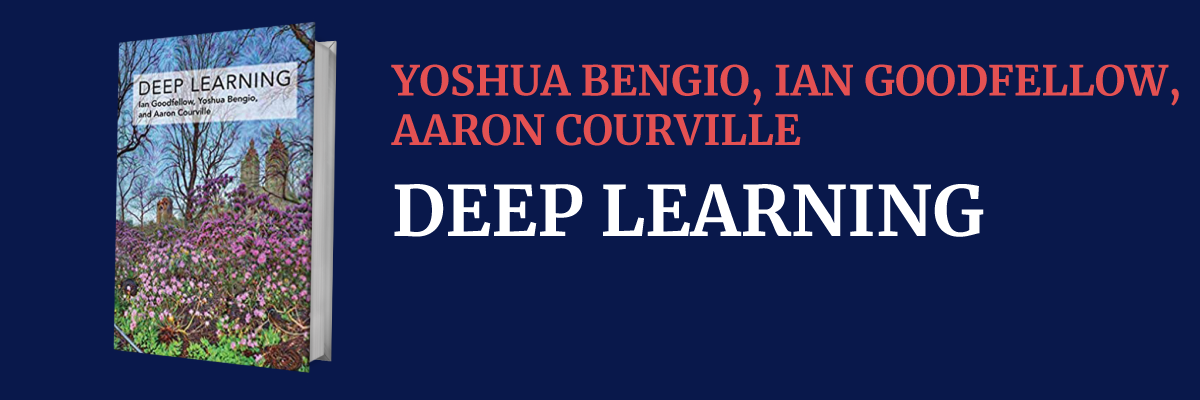
Deep Learning — Yoshua Bengio, Ian Goodfellow, Aaron Courville
Deep learning is a type of machine learning that empowers computers with the ability to learn from experience and understand the world in terms of a hierarchy of concepts. The book contains the mathematical and conceptual foundations of linear algebra, probability and information theory, numerical calculations, and machine learning to the extent necessary to understand the material. It describes deep learning techniques used in practice, including deep feedforward networks, regularization, optimization algorithms, convolutional networks, sequence modeling, etc.

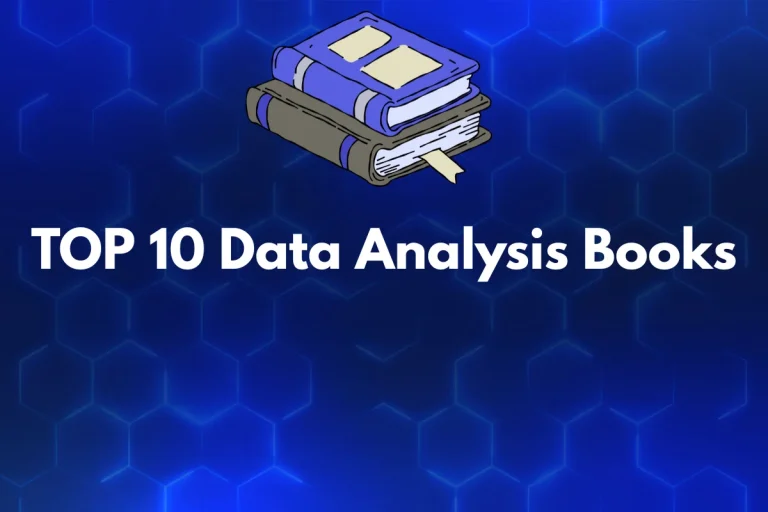
0 Comments